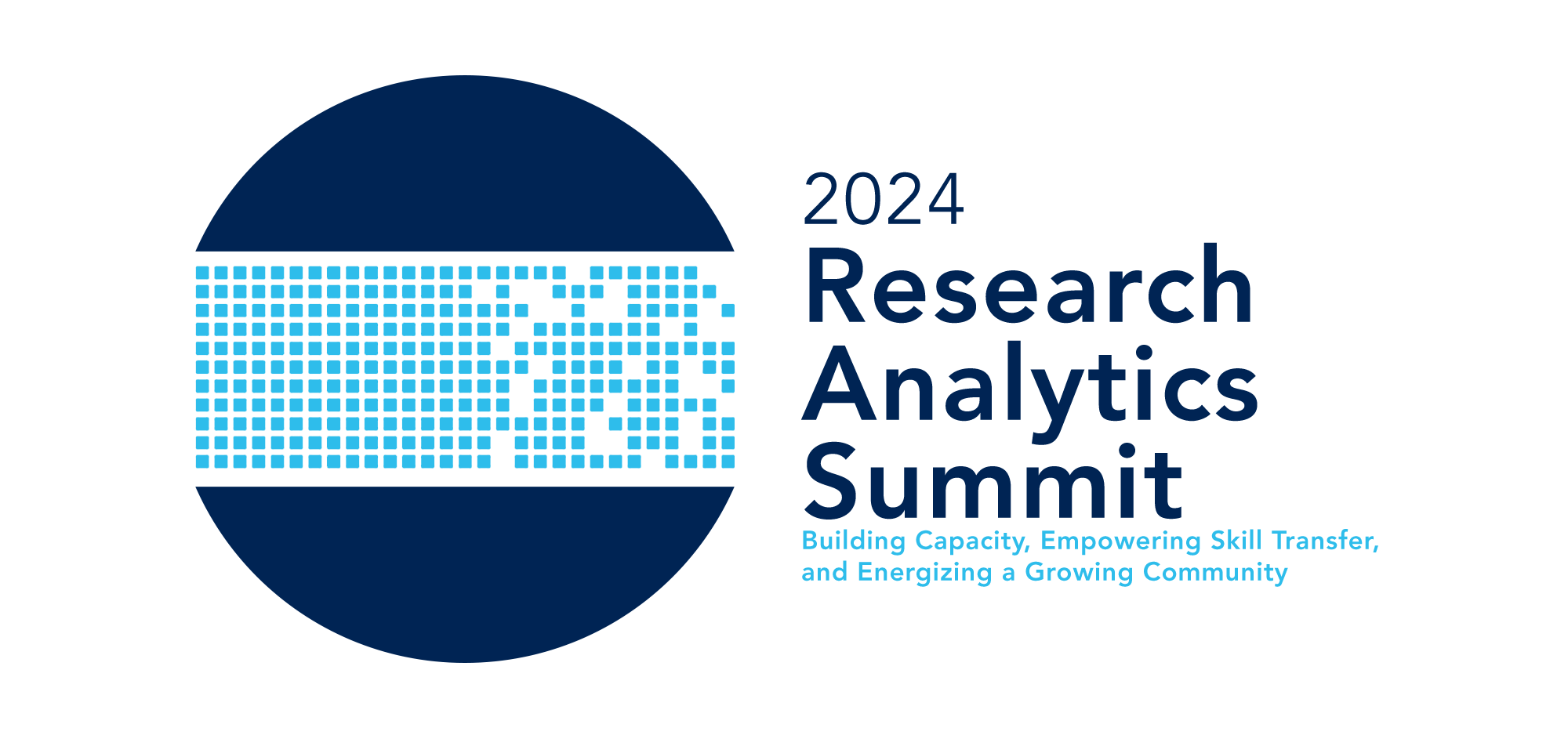Research Analytics Summit 2024
Document Type
Presentation
Abstract
‘Research Impact’ as a defined concept is expanding and garnering more attention globally. What was once positioned more narrowly and often confused with basic outcomes reporting has since risen to a primary focus for sponsor agencies across all stages of R&D. Hence, building a comprehensive research impact framework provides a critical map for universities to strengthen the R&D ecosystems in which it engages in innumerable ways.
Khalifa University of Science and Technology (KU), located in Abu Dhabi, UAE, is a relatively a young university, by Times Higher Education definition). Even so, KU ranked 238 in the QS World University Rankings 2024, stands second in the Arab World and UAE (Times Higher Education Arab University Rankings 2023).
In the current funding landscape globally, universities and governments approach to research impact is largely centered on quantitative metrics, such as publication counts in top ranked journals or number of patents filed. KU recognizes that these qualitative metrics, many of which feed into the core methodologies of broad global university rankings, are important dimensions of measuring R&D successes. However, KU also strives to capture the wide range of qualitative impacts our research activities yield, which can be more difficult to track and communicate than traditional quantitative metrics allow.
In this presentation, I will touch upon the strategies employed in developing a preliminary research framework for Khalifa University. While there are steps that remain before full implementation can be realized, this talk will cover the ‘conceptualization to-date’, as the foundation for introducing a research impact framework where one did not exist prior. This includes discussion of the various assessment activities, triaging pillars of the framework and their associated impact indicators, forging new- and strengthening existing- pathways for internal/external data sharing, developing processes and gaining stakeholder buy-in toward the aim of achieving a functional working model.
Attendees to this talk are welcomed to bring their own lessons learned or current pain points to the conversation, for group dialogue on the challenges and opportunities that come with implementing or scaling-up research impact tracking and the utilization of such for evidenced-based R&D decision making.
DOI
https://doi.org/10.13023/8A39-QH97
Publication Date
2024
Recommended Citation
Rajashekar, Roopa, "Introducing a ‘Research Impact Roadmap’ in a Young University: Challenges and Opportunities" (2024). Research Analytics Summit 2024. 25.
https://uknowledge.uky.edu/research_events2/25


